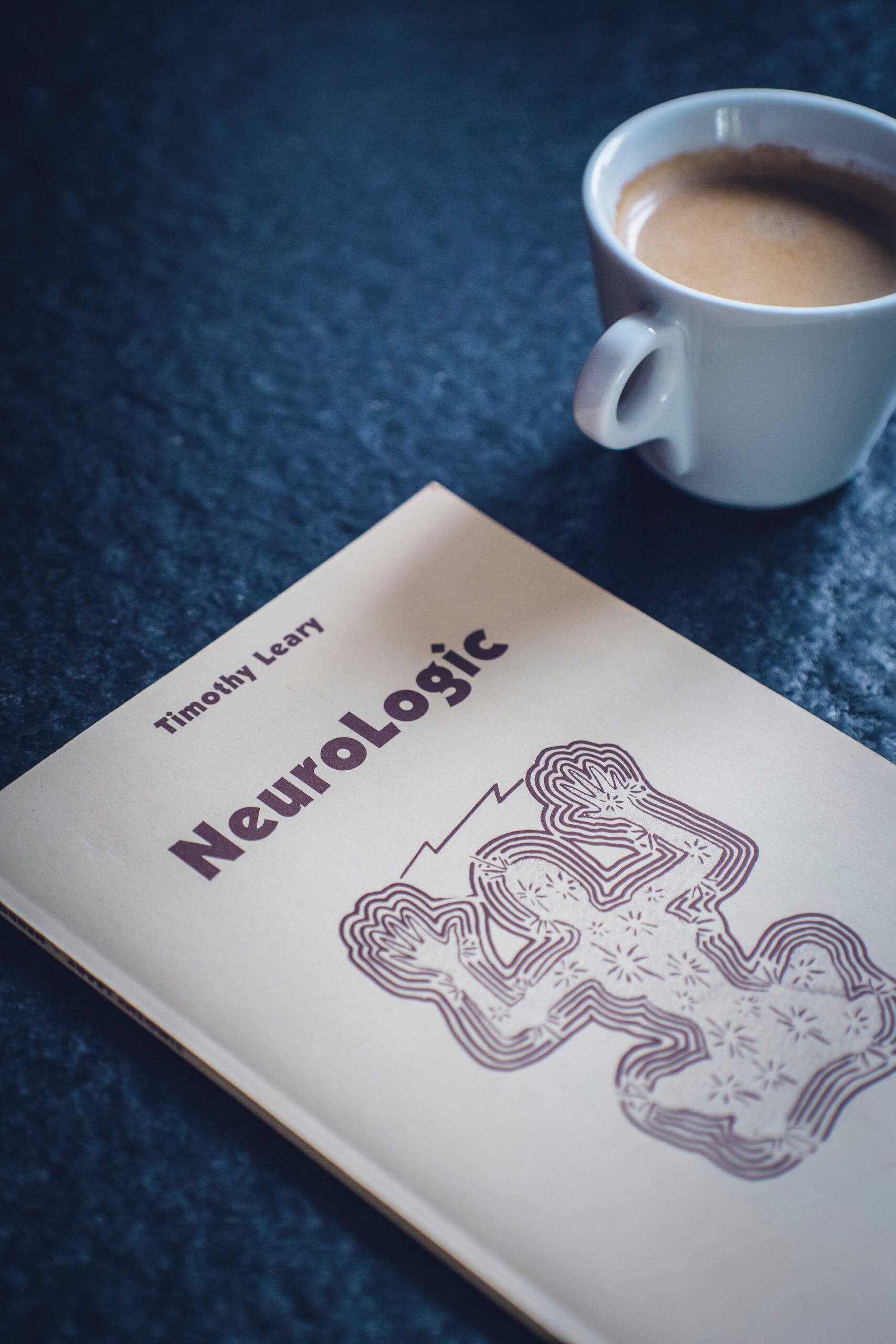We deal with worries and anxieties in our everyday lives. We are worried about our job security, unpaid bills, health, or financial security. But when this natural worry becomes constant and uncontrollable, then it negatively affects our everyday lives. Uncontrollable worrying, anxiety, and always anticipating worst-case scenarios can hurt your physical and emotional health.
Constant worrying can exhaust your emotional strength, as well. It can make you restless and cause headaches, muscle tension, stomach aches, and insomnia. It can also have negative effects on your relationships, social life, productivity at work, and performance at school. The good news is that there are steps you can take to stop worrying. Here are 5 helpful tips on how to stop worrying.
1. Choose a “Worry Time”
When worry and anxiety take over your thoughts and affect your concentration at work or school, your productivity tends to decline. Postponing worrying is a thoughtful strategy that can prove helpful in this situation. Instead of attempting to stop or eliminate an anxious thought, you can set aside time to have it, but avoid getting stuck on it.
Start by picking a time and a specific place for worrying. Ensure it’s the same daily and not right before bedtime. For instance, in the kitchen from 4:00 to 5:00 p.m. can be a perfect “worry time.” During this time, you can let worry and anxiety fill your thoughts. But the rest of the day should be free of worry.
Note down any worry or anxious thought that crosses your mind during the day, but don’t dwell on it. Then, you can go through your list of worries during your worry time and think about them. Once you get used to this strategy, a significant part of your day will be a worry-free zone.
2. Train Yourself to Accept Uncertainty
Given that uncertainty is a normal part of life, you must keep in mind that you’ll always have to deal with some uncertainty. By accepting that unforeseen things happen, you will lower your anxieties and your life will get better.
Forming expectations is a recipe for disappointment. If you’re always expecting the worse, chances are you’ll be too close-minded to detect and take advantage of opportunities. If you’re always expecting the best, you’ll always have an over-ambitious vision. So, instead of having expectations, you should put a solid plan for what you want to experience in place.
3. Reveal Your Worries to a Trustworthy Person
Talking to a trustworthy family member or close friend – someone who will give you a listening ear without judging, condemning, or being overly distracted – is a fantastic way to overcome your worries. Revealing your worries to a trustworthy person helps you make them less threatening.
But when you keep them to yourself, they can easily pile up and take a toll on your everyday life. Talking about your worries and anxieties helps you understand your feelings and put them into perspective. It also allows you to separate unnecessary worries from justified ones.
4. Disrupt Your Worry Cycle
Persistent and uncontrollable worry can make you feel like you don’t have control over your life. You may feel like you’re going crazy or on the brink of suffocating under the pressure of all the negative thoughts and anxieties. Fortunately, there are things you can do to disrupt all those distressing thoughts and provide yourself with a break from persistent worrying.
Exercise regularly. Working out regularly is an effective relief for anxiety since it triggers the release of endorphins that alleviate tension and stress, enhance energy, and improve your overall health. What’s more, it helps you concentrate on what your body feels rather than the anxieties and worries trying to dominate your thoughts. There have been multiple studies that have analyzed the effect of exercises on our body and obviously they play a highly positive role. According to Harvard Review “getting our heart rate up changes brain chemistry, increasing the availability of important anti-anxiety neurochemicals, including serotonin, gamma-aminobutyric acid (GABA), brain-derived neurotrophic factor (BDNF), and endocannabinoids.
Introduce Indoor Plants to Your Workstation and Home: Interacting with indoor plants daily can be a great anti-anxiety treatment. The potting soil itself can also ease everyday stress and negative thoughts. So, consider introducing indoor plants to your home and workspace. Provide them with all the necessities they require to grow into healthy, mature plants. You can even install an LED grow light to supplement the natural light, so your indoor plants can get enough light.
BE with your loved ones: Being surrounded by your loved ones is actually a great way to reduce the level of worrying. Sometimes, we tend to worry even for the most simple things which normally should not even be taken into consideration. However, by spending more time with our loved ones, we share our thoughts and problems. They will be there for us, by listening and providing comfort to our problems. While this may not cause the problems to go away, it reduces its stress effect on our body.
5. Practice Mindfulness
Mindfulness helps you master the skill of detecting when you worry and allowing the thoughts to run through your mind and disappear after some time. This strategy helps you make sense of your feelings and point out areas where your negative thoughts are causing problems.
Mindfulness helps you concentrate on the present. It allows you to focus on what your body feels, your breathing rhythm, your shifting emotions, and the constant flow of thoughts across your mind. It also allows you to focus on the present moment rather than dwelling on a specific thought.
The Parting Note
These 5 strategies can help you deal with worries and anxieties. Coping techniques like exercise and mindfulness can help you discharge overwhelming feelings and retain a sense of peace and tranquility. Worrying is something that we as humans are used to because we deal with it every day. We tend to worry about a lot of things which sometimes go beyond limits and in one way on another affects our health. Therefore, we hope that this article will shed some light on some factors that will help you.

